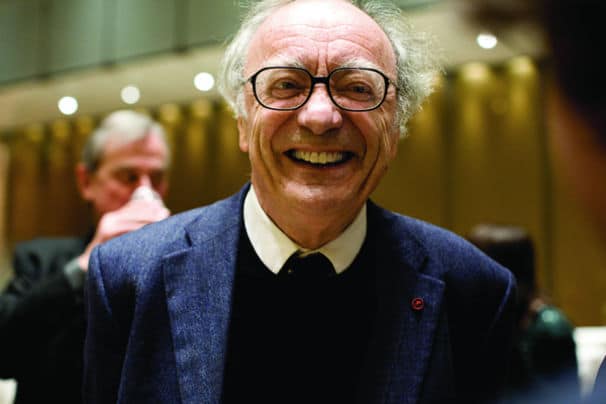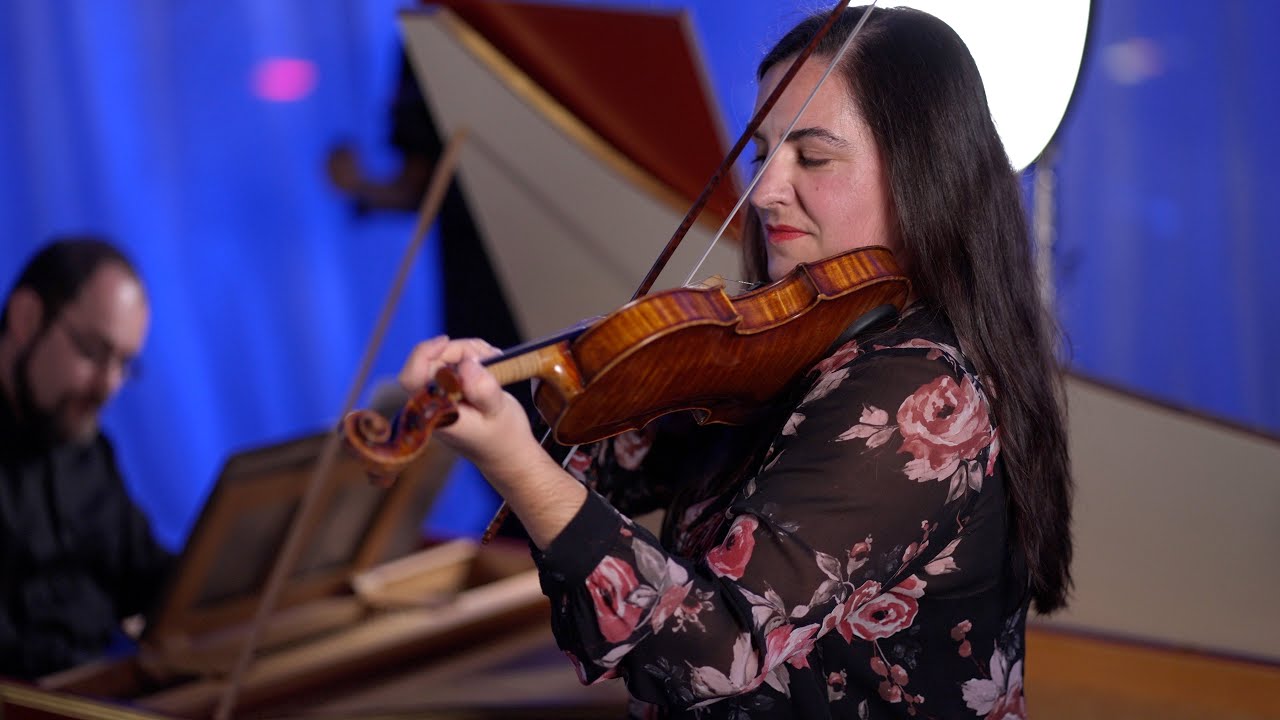Russell Johnson, the best ears on earth
mainMy day has been clouded by news of Russell’s death. An unobtrusive little man in rumpled suits, he transformed concert halls over the past 35 years – not just the acoustics of the room but the very atmosphere.
Russell’s signature halls were Birmingham, Lucerne and Dallas. There were many others but these were his pride and joy, the ones where he made fewest compromises. He was totally frank and open about the way he worked – no smoke, no mirrors, no fake science – and he was bitterly contemptuous of colleagues who were cowed by star architects into accepting a less than perfect sound solution.
Above all, he was a lovely guy, a smalltown kid who put himself through college on the GI Bill after discovering by chance – after fighting in the Philippines in 1944 – that he could hear things in a hall that none of his friends noticed. He was honest, unpretentious and good company. I shall miss him greatly, and I won’t be the only one.





I had the pleasure of working with Russell for more than twenty years – particularly having to make the mechanics of his acoustic architecture work. I loved, above all, the way he would state, quite clearly, that “he was not ready to talk about acoustics yet” in the early meetings with orchestras and constituents. As a friend he was a delightful, circumspect and witty chap and a funny dinner guest. I will miss him a lot, and our future halls (whilst getting, pehaps, a little slimmer) will be unlikely to sound like a Russell Johnson hall.
I had the good fortune to work with Russ at Artec for 17 years, from a few years out of graduate school until just a few years ago. I have read his obituaries printed in many of the newspapers around the world and I am struck by one conspicuously missing contribution Russ made to the field – his influence on younger generations of acousticians and theatre consultants.
Though he often referred to Artec projects as his children, the field is now populated with many, many brilliant acousticians and theatre consultants who built their chops at what Russ (tongue-in-cheek) would refer to as the “University of Artec”. Whether from the monthly “Tech Sessions” (in later years the “Colloquy”), or in day-to-day design work, we had wonderful opportunities to learn, to make contributions to project design and to see that Russ never “crystallized”, but rather that he remained quite agile in performance space design.
I suspect that many of my fellow “alumni” will agree that the field has advanced not only from Russell Johnson’s design of many of the world’s well-loved concert halls, but also from his mentoring of a multitude of talented younger designers.
One thing that confuses me about concert halls.
Why hasn’t the interior configuration become standardized, like the shape of the violin?
NL: Because, I gather, of the increased size of halls. Above the standard 1,800-seat shoebox hall, acoustics have to be tailored to the varied dimensions of halls.
Thank you all for your kind words about my brother.
I disagree with that assessment. I have seen/heard the results of “acousticians” and they have always been deficient. They partner with modernist/post-modernist architects to help design the ugliest possible interiors that are devoid of art, of visual and decorative art, that is so well proven to provide perfect acoustics. The past architects, with no such science, designed perfect halls and theaters. All that was needed was to copy their successes. But these people, decided to invent a profession for themselves so they could claim superiority. One only has to hear the results to know they are charlatans. Orchestra Hall in Minneapolis was one of their claims to fame, and it is a terrible hall. The renovations to Avery Fisher Hall were not successful. The Kimmel Center was a minor disaster. And this does real damage to musicians, who need to experience fine acoustics as part of their education. We have Boston’s Symphony Hall, Jordan Hall, and how many others? Carnegie Hall is not great. I love the softened acoustics of Philadelphia’s Academy of Music, where you can hear every detail of the music, but no, the orchestra had to desert it. The Metropolitan Opera House of Philadelphia is supposed to have perfect acoustics, but they do zero classical programming, though they promised to have it. Nashville’s symphony hall is supposed to be excellent. And I’m sure they did not use Artec.